Lab Director
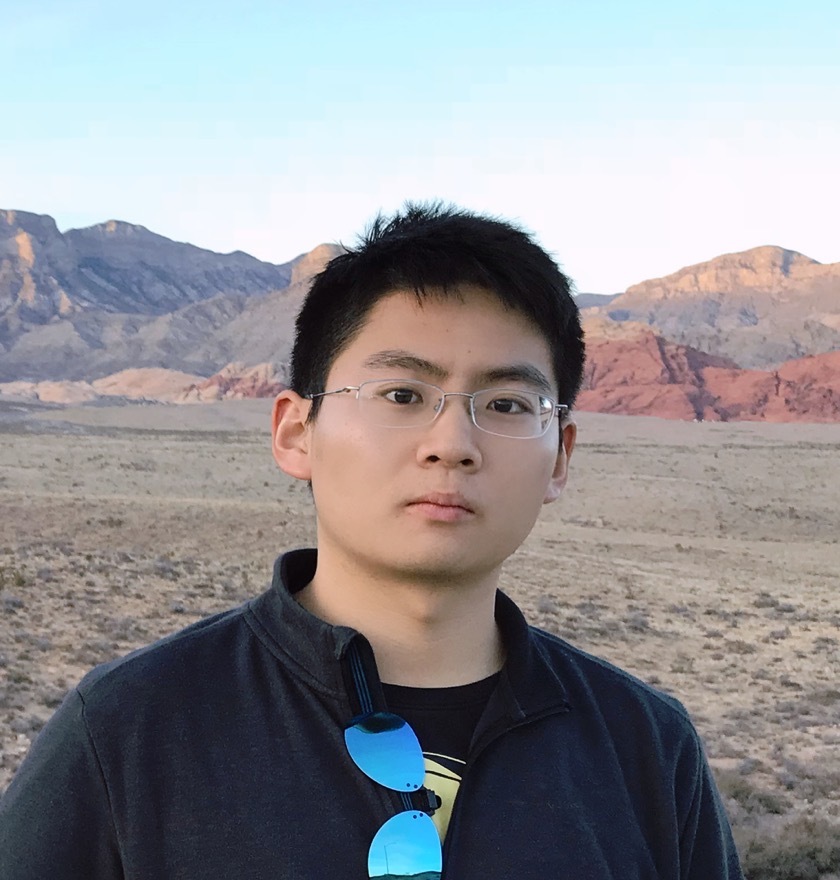
Dr. Gengchen Mai is currently a Tenure-Track Assistant Professor at the Department of Geography and the Environment, University of Texas at Austin, and an adjunct professor at UGA Geography. He got his Ph.D. in Geographic Information Science from the Department of Geography, UC Santa Barbara and B.S. in GIS from the Department of Geographical Information Science, School of Resource and Environmental Sciences, Wuhan University. Before becoming a faculty, he was a Postdoctoral scholar at Stanford Artificial Intelligence Laboratory, Department of Computer Science, Stanford University. Before joining UT, he was an Assistant Professor at the Department of Geography, University of Georgia. Dr. Mai’s research is Spatially Explicit Artificial Intelligence, Geo-Foundation Models, Geographic Knowledge Graphs, etc. As one of the leading researchers in Geospatial AI, Dr. Mai has published not only in top-tier AI/GIScience/Remote Sensing journals such as ISPRS Journal of Photogrammetry and Remote Sensing, International Journal of Geographical Information Science, GeoInformatica, AI Magazine, etc. but also top ML/AI/GIScience conference proceedings such as NeurIPS, ICML, ICLR, ACM SIGIR, ACM SIGSPATIAL, ACM K-CAP, etc. Dr. Mai has received many prestigious awards including AAG 2021 Dissertation Research Grants, AAG 2022 William L. Garrison Award for Best Dissertation in Computational Geography, AAG 2023 J. Warren Nystrom Dissertation Award, Top 10 WGDC 2022 Global Young Scientist Award, the Jack and Laura Dangermond Graduate Fellowship. According to the historical records of AAG award recipients, he is now the sole recipient in history to have received three AAG doctoral dissertation awards since 2000. He has completed five AI/ML research based internships at Esri Inc., SayMosaic Inc., Apple Map, and Google [X]. Dr. Mai was an AI advisor for Google [X] in 2020.
Industry Consultant
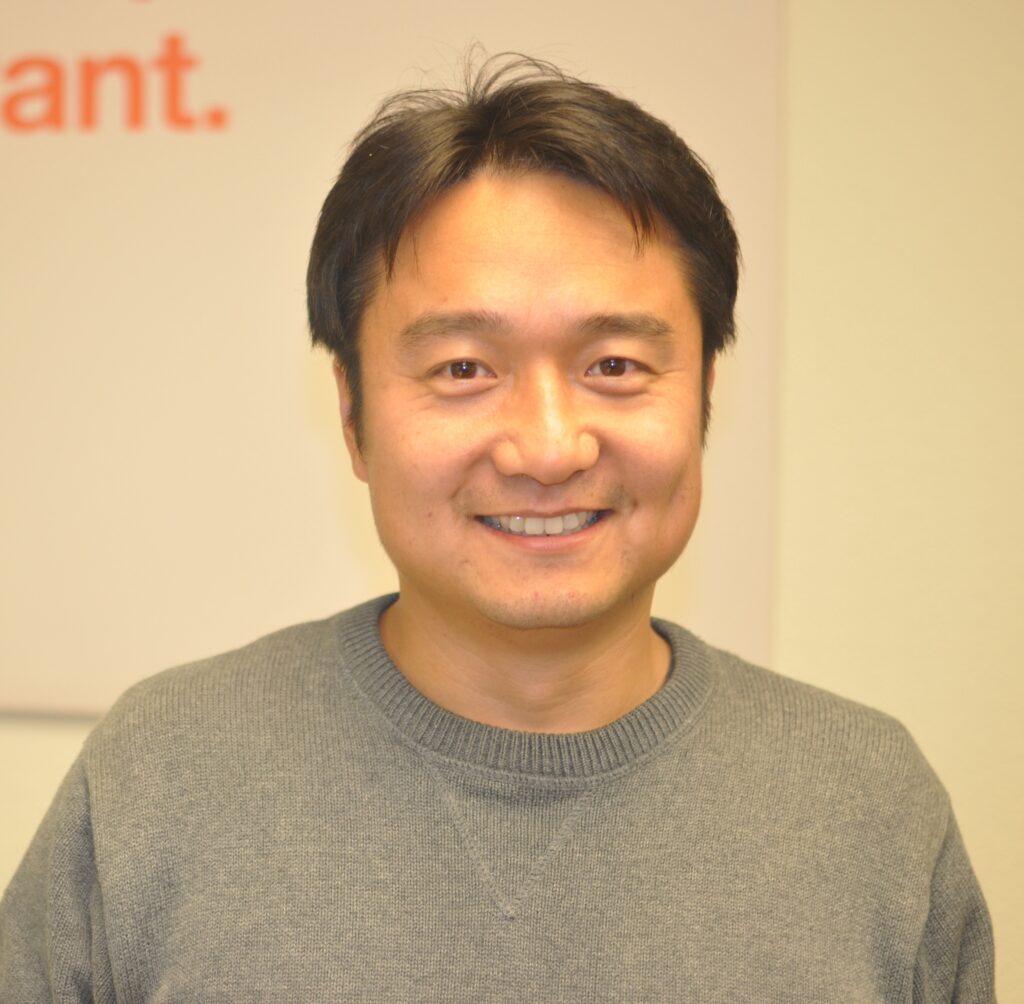
Dr. Ni Lao is a staff research scientist at Google. He holds a Ph.D. degree in Computer Science from the Language Technologies Institute at Carnegie Mellon University. He is an expert in Machine Learning (ML), Knowledge Graph (KG), Natural Language Processing (NLP), and large language models (LLMs). He was the Chief scientist and co-founder of Mosaix.ai, a voice search AI startup. At Google he works on LLM pretraining, alignment and agent technologies for the next generation of search. Currently, Dr. Lao is a UT-affiliated researcher and the industry consultant of SEAI Lab.
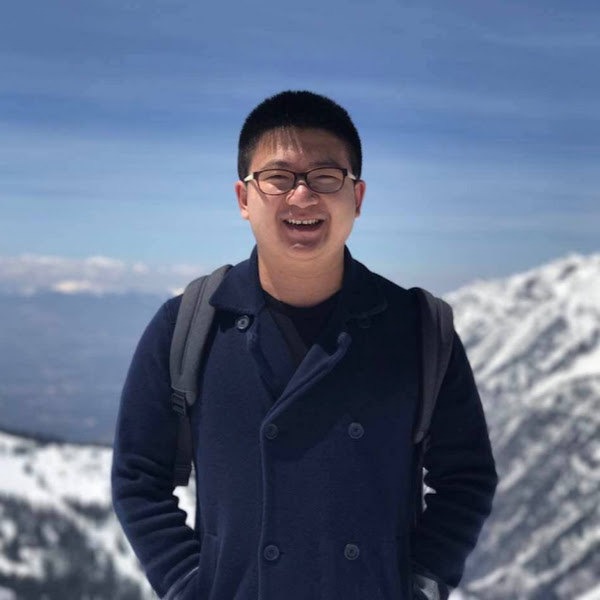
Dr. Hongxu Ma is a staff AI Research Engineer at Google. He holds a Ph.D. degree in Earth System Science and Computational Engineering from UC Berkeley. His research interests include LLM agents, complex systems, causal ML, and predictive modeling. At Google, he works on LLM applications and agent products, such as Google Data Science Agent, which is an automated LLM agent to help with all data science tasks. Currently, Dr. Ma is a UT-affiliated researcher and the industry consultant of SEAI Lab.

Dr. Jinmeng Rao is an AI Research Engineer at Google DeepMind. He holds a Ph.D. degree in Geographic Information Systems and a M.S. degree in Computer Sciences from UW-Madison. His research areas include Generative AI, Privacy-Preserving AI, and Geospatial AI. He was a Research Scientist at Google [X]. At Google DeepMind he works on generative AI research. Currently, Dr. Rao is a UT-affiliated researcher and the industry consultant of SEAI Lab.
Current Members
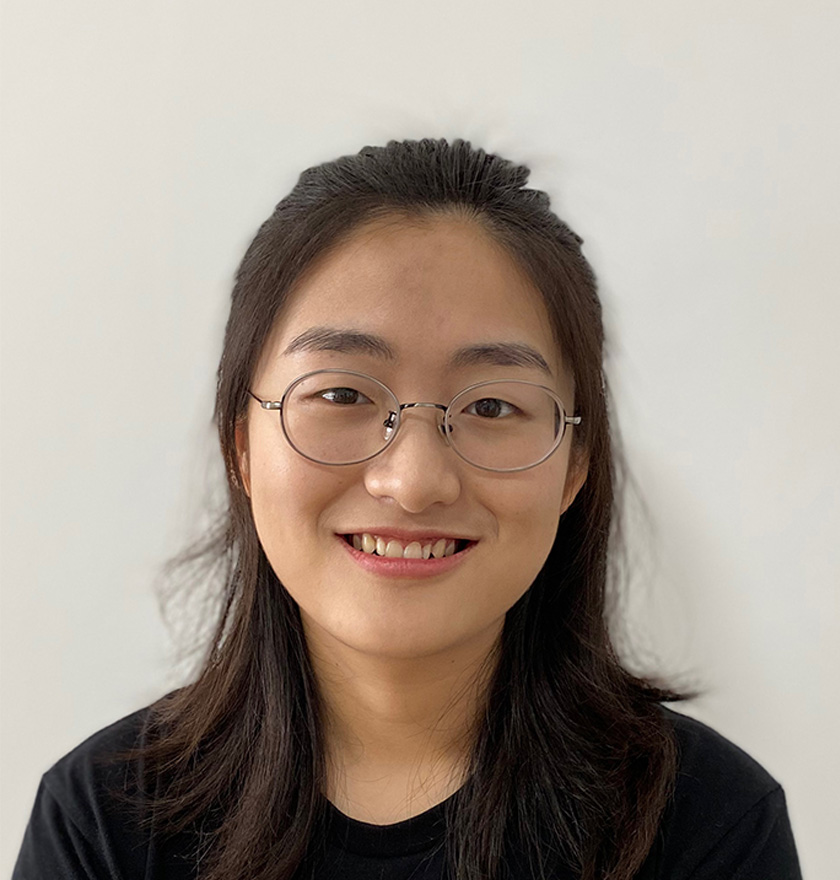
Qian Cao is a third-year Ph.D. student at the Department of Geography, University of Georgia co-advised by Prof. Angela Yao and Prof. Gengchen Mai. She received an M.S. and B.S. in Urban Planning from Nanjing University. Before coming to UGA, she spent years working as an urban planner in China, focusing on regional planning and research. Her recent research interest mainly lies in the intersection of urban geography and GIScience, especially heterogeneous network representation learning, and GeoAI fairness.
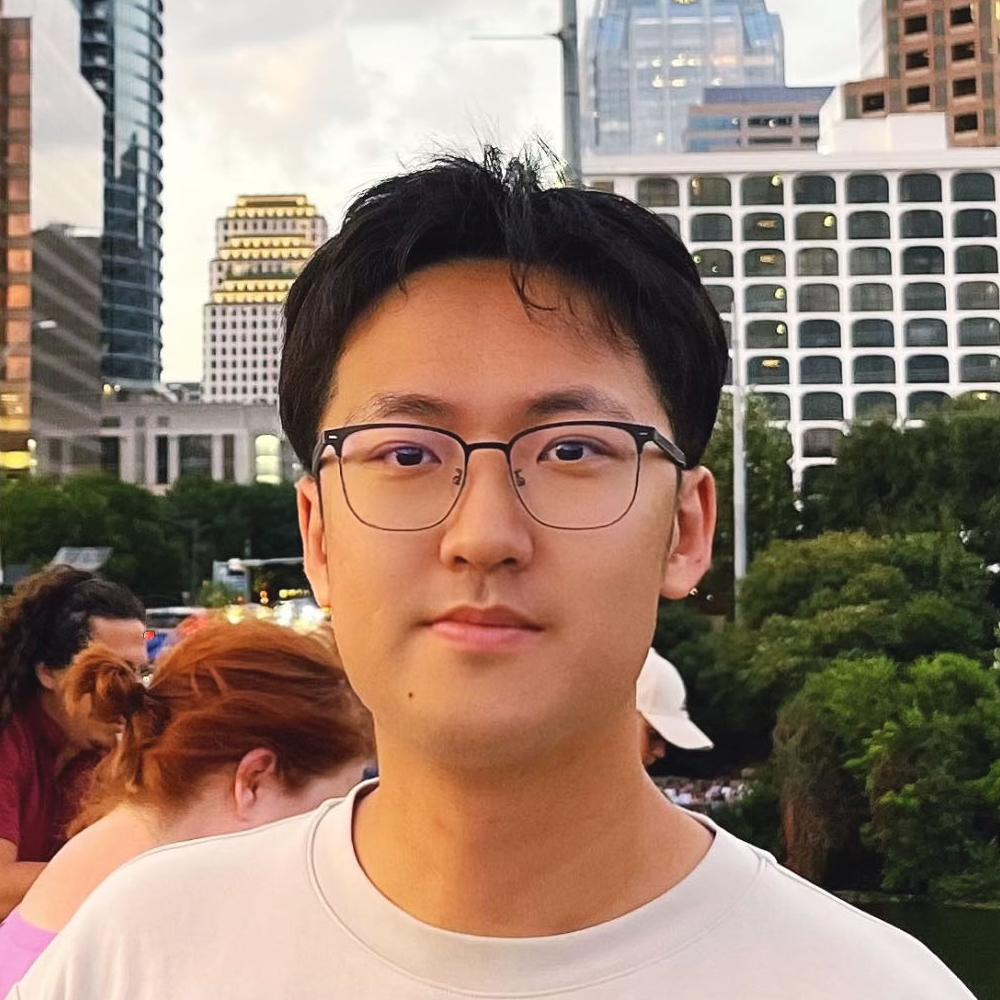
Zeping Liu is a second-year PhD student in the Department of Geography and the Environment at the University of Texas at Austin, under the supervision of Prof. Gengchen Mai. He earned his M.S. from Beijing Normal University and his B.S. from East China Normal University. His research focuses on Geospatial AI and Intelligent Earth Observation. He was awarded Amazon AI PhD Fellowship, Zhou Tingru Geography Youth Award, China National Scholarship for Graduate Students, Outstanding Graduate of Beijing.
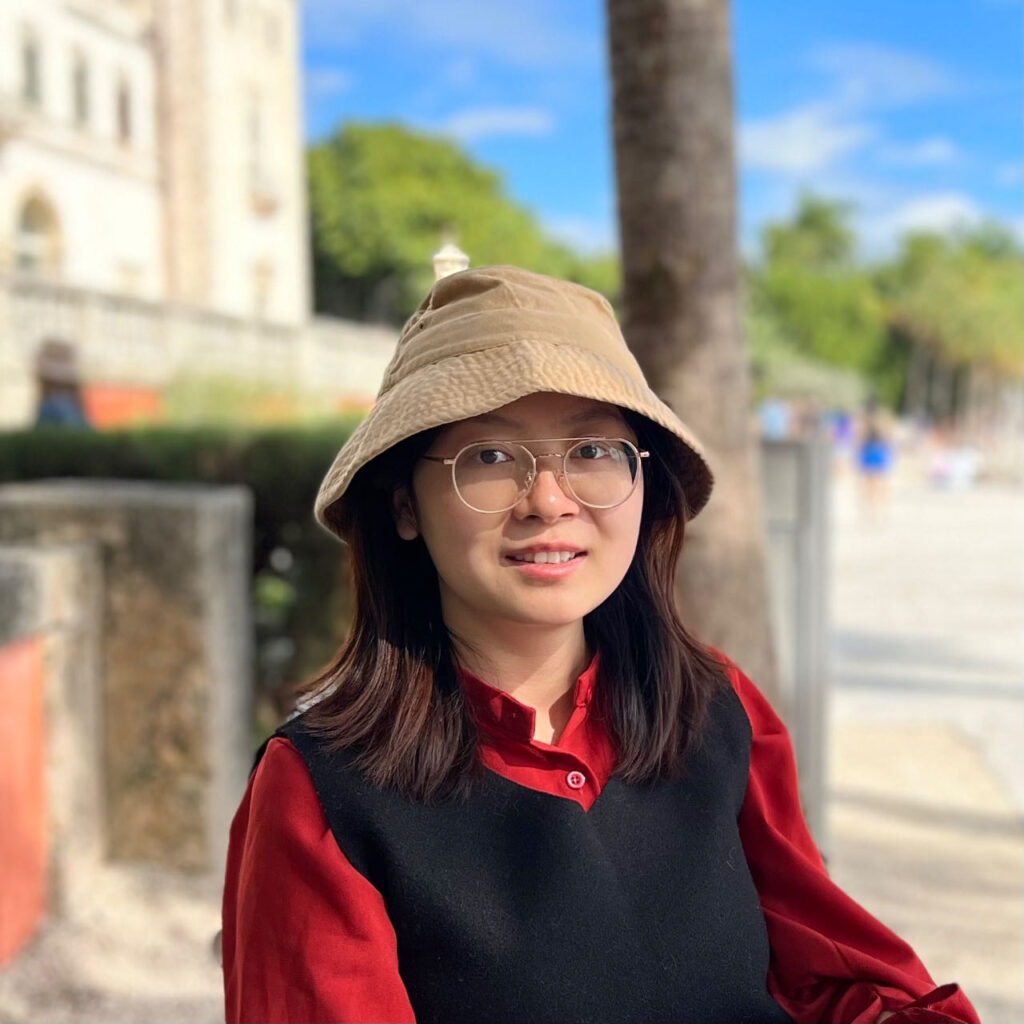
Nemin Wu is a Ph.D. student in Geography and a Master’s student in Artificial Intelligence at the University of Georgia. She is currently under the supervision of Prof. Lan Mu and working closely with Prof. Gengchen Mai. She earned her Bachelor’s degree from Wuhan University. Her research is focused on spatial heterogeneity, spatial representation learning, and GIS for health and environment. Nemin has been recognized with several awards, including 1st place in the 2024 AAG GISS Graduate Student Honors Paper Award, 1st place in the 2024 Graduate Student Lightning Talk Competition on GIS Day at UGA, and 1st place for her presentation at the 10th Annual Health Services Research Day at Emory University.

Minsoo Joo is a second-year Ph.D. student in the Department of Geography & the Environment at The University of Texas at Austin, co-advised by Prof. Jennifer A. Miller and Prof. Gengchen Mai. He earned his B.S. in Urban Planning from Hongik University and his M.S. in Civil Engineering from Yonsei University. His current research focuses on computational movement analysis using GPS trajectory data, with an emphasis on trajectory imputation and prediction.

Paloma Toscan is a PhD student in Civil Engineering at the University of Minho (Portugal), affiliated with ISISE (Institute for Sustainability and Innovation in Structural Engineering) under the supervision of Dr. Eduardo Pereira and Dr. Marcos Oliveira. Her research focuses on remote sensing and AI to assess the environmental performance of Nature-Based Solutions (NBS) in urban areas. She is currently at The University of Texas at Austin as a visiting researcher through the UT Austin Portugal Program, where she is collaborating with the lab on deep learning approaches for recognizing and mapping NBS in satellite imagery.
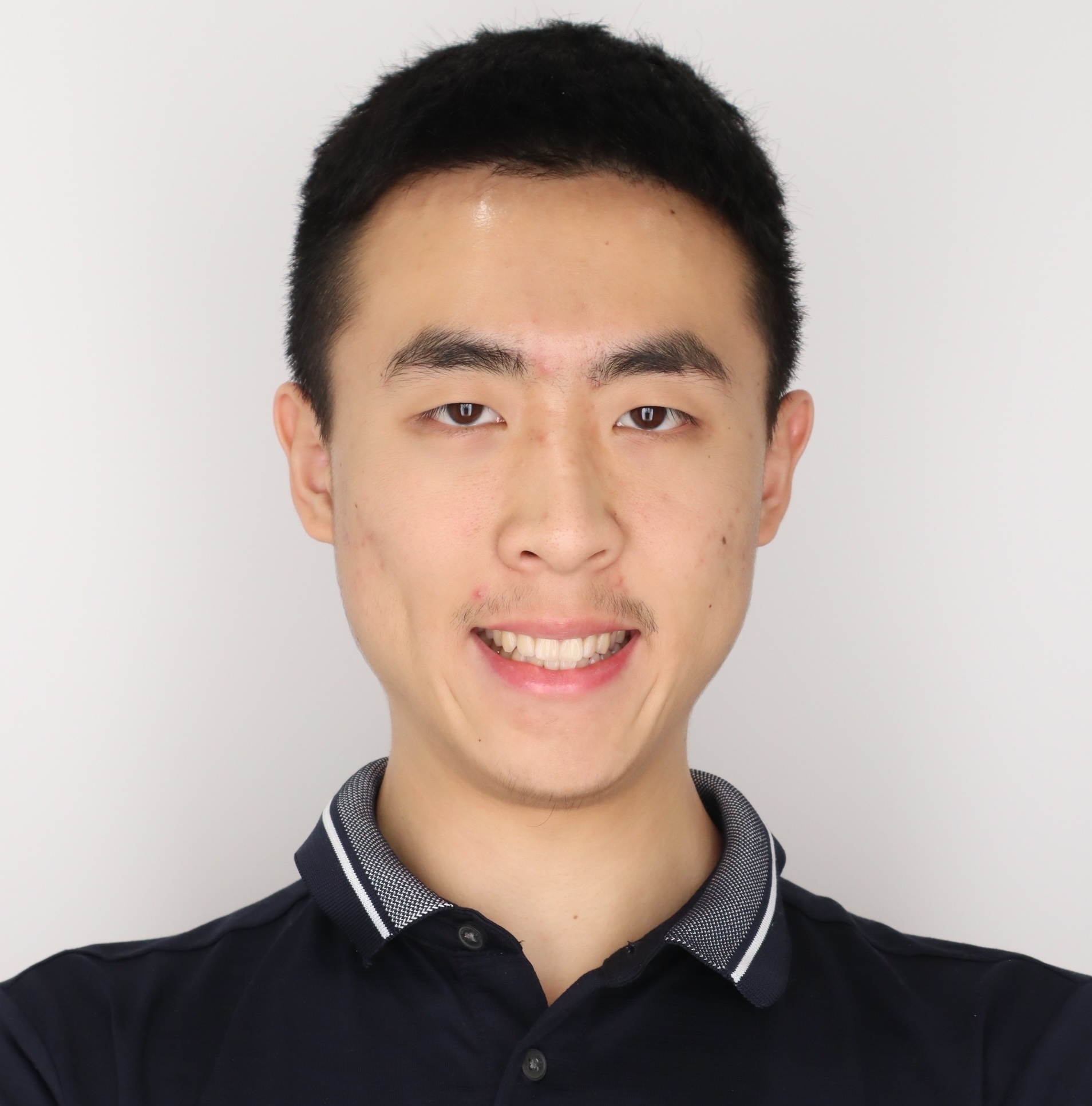
Bolong Tang is a fourth-year undergraduate student in B.S. Mathematics pursuing certificates in Computer Science and Statistics at the University of Texas at Austin. He intends to pursue a research-based Master’s degree in data science/statistics/computational mathematics, with a focus on optimization in ML, and eventually work in the industry as an AI engineer. He is currently assisting with two projects in GeoAI associated with the SEAI lab.
Alumni

Dr. Zhangyu Wang used to be a PhD student in SEAI Lab, now he is the Assistant Professor in Spatial Computing, University of Maine
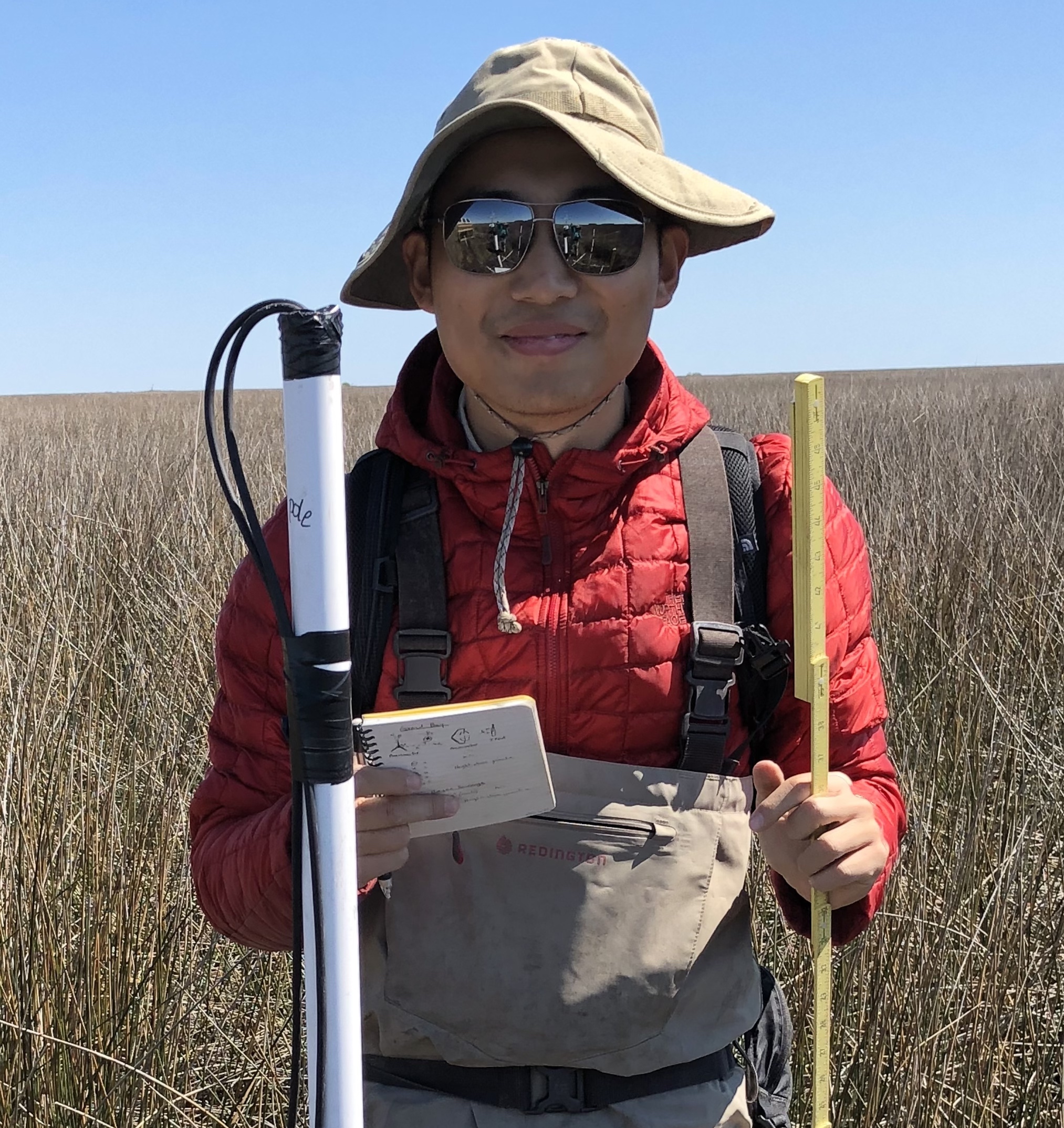
Dr. Lishen Mao was a Visiting Scholar in SEAI Lab from Jan 2025-Aug 2025. Now he is the Post-doc in Florida International University
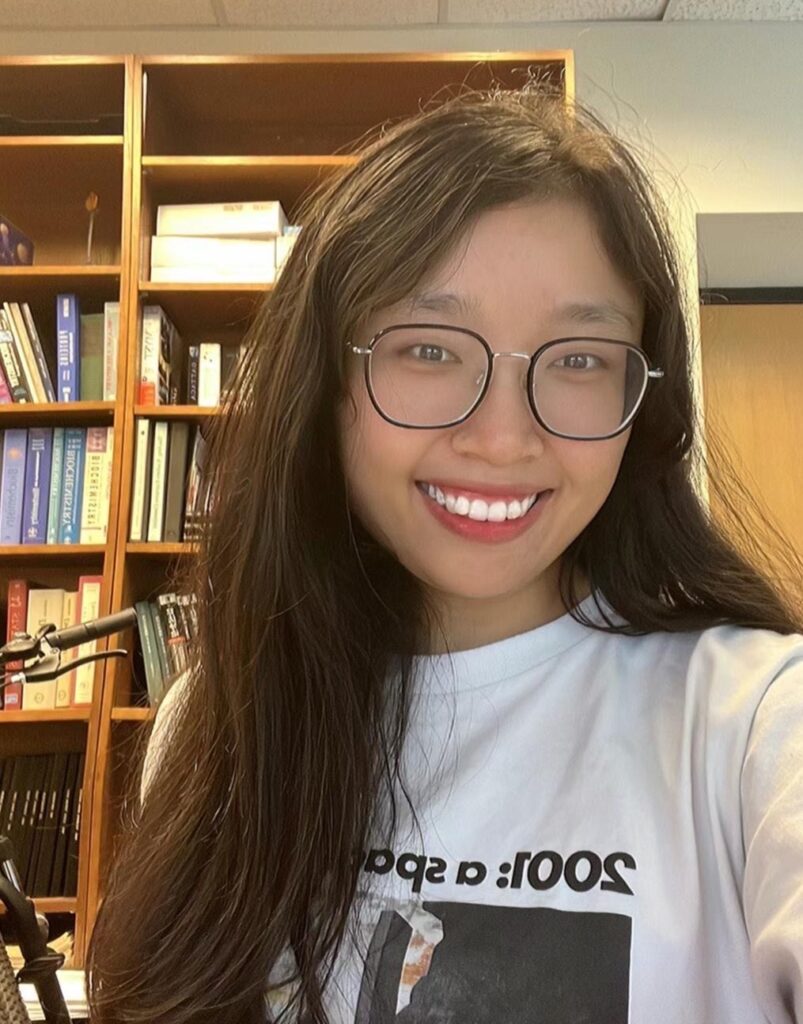
Dr. Jielu Zhang used to be a PhD student in SEAI Lab, now she is the Post-doc in Havard University

Shaowen Li is now a Master student in Georgia Institute of Technology.
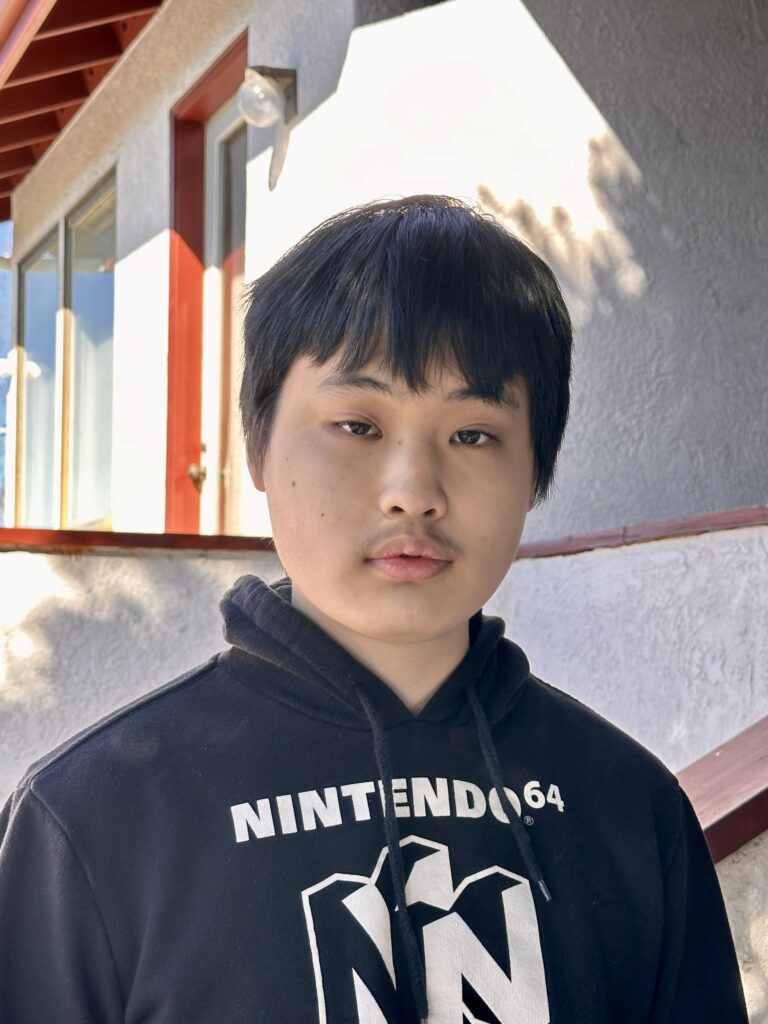
Joshua Ni used to be a high-school student research intern in SEAI Lab.
